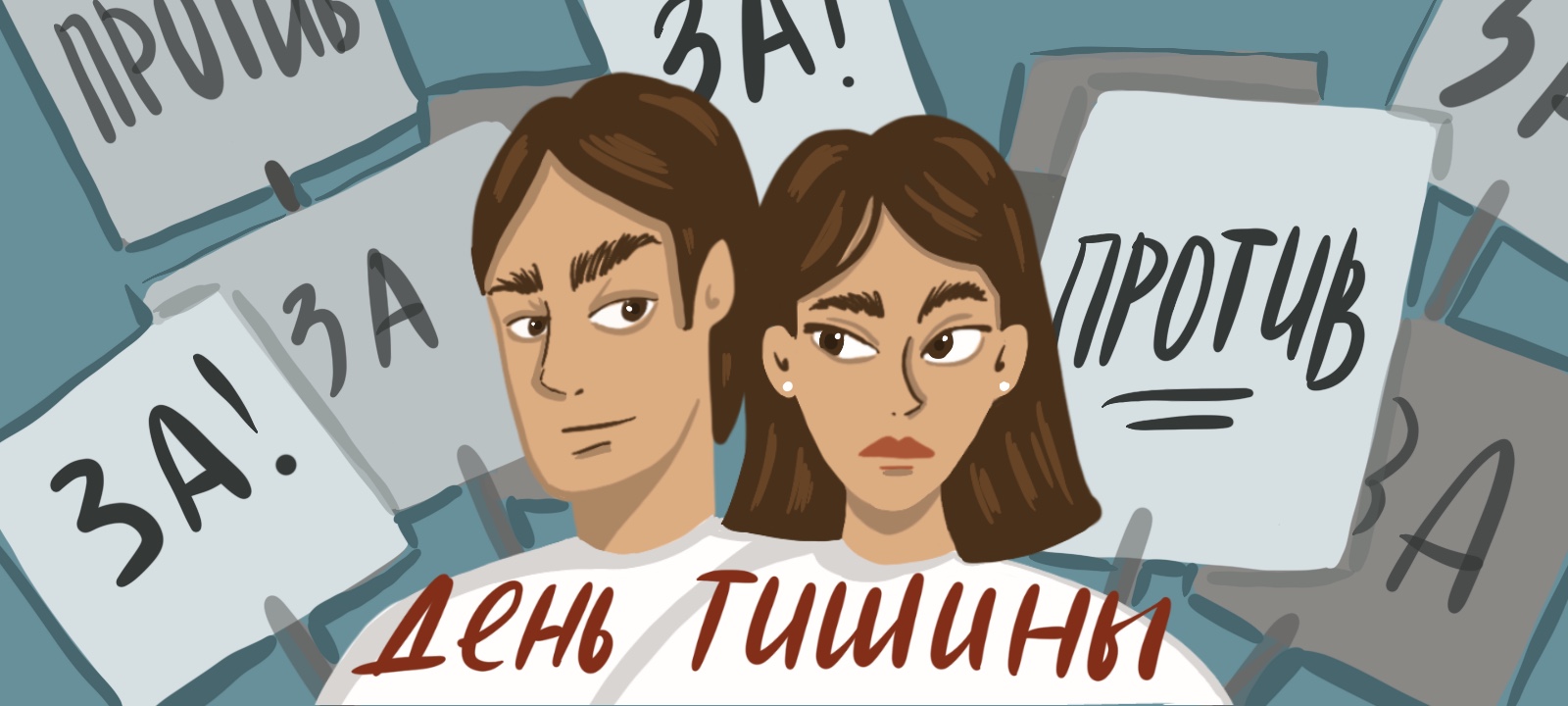Meduza has published this month a report by Andrey Pertsev and Maksim Solopov about the FSO’s secret polling. On this week’s “The Naked Pravda” podcast, the host Kevin Rothrock spoke to Margarita Zavadskaya and sociologist Denis Volkov about these secret surveys and the field in Russia generally.
In reporting and analysis about Russian politics, the question is ubiquitous: How does Vladimir Putin see things? While there’s no shortage of efforts to read the Russian president’s mind, a more grounded approach would be to examine the intelligence that shapes Putin’s policymaking. One of the Kremlin’s best-trusted sources of information about popular moods is the sociological work conducted by the country’s Secret Service, the Federal Protective Service (FSO).
Most Russians are unaware that the FSO, in addition to guarding top state officials, is responsible for conducting sociological surveys and monitoring popular opinion and the country’s political situation. The agency’s findings are never published, but these data inform some of President Putin’s biggest decisions. For example, fairly recently, FSO polls showing rising national discontent reportedly influenced the Putin administration’s decision to expedite the reopening of Moscow and the rollback of its coronavirus quarantine measures.
To learn more about the FSO, how Russian authorities use its polling and the problems related to it, tune in to the latest episode of “The Naked Pravda” podcast.

